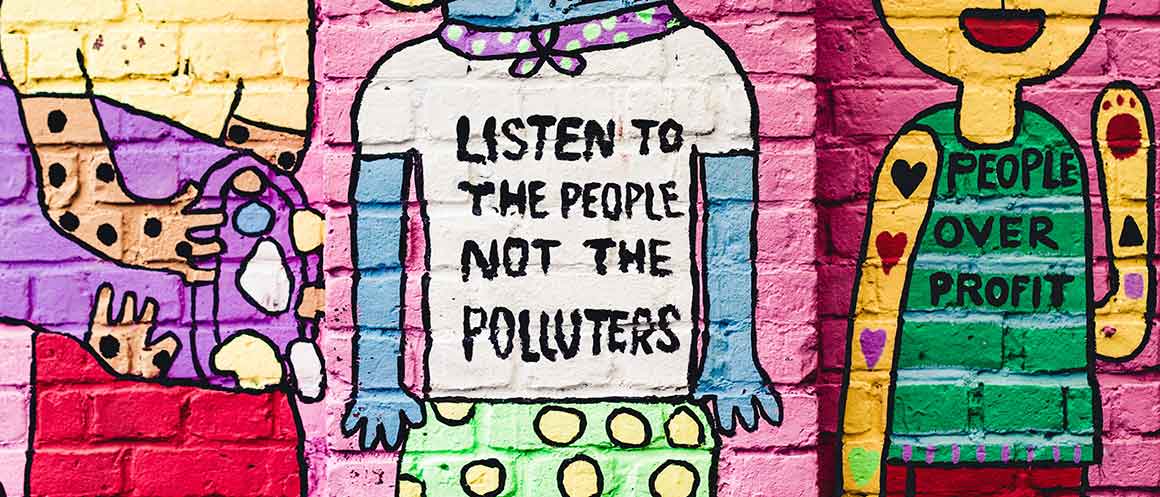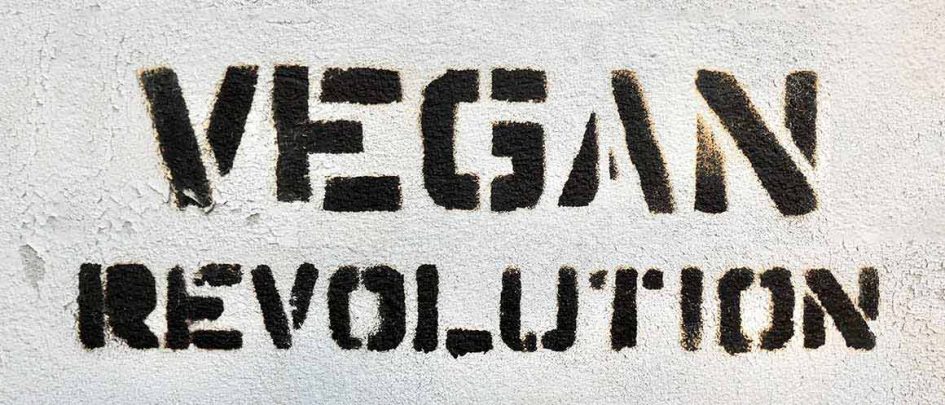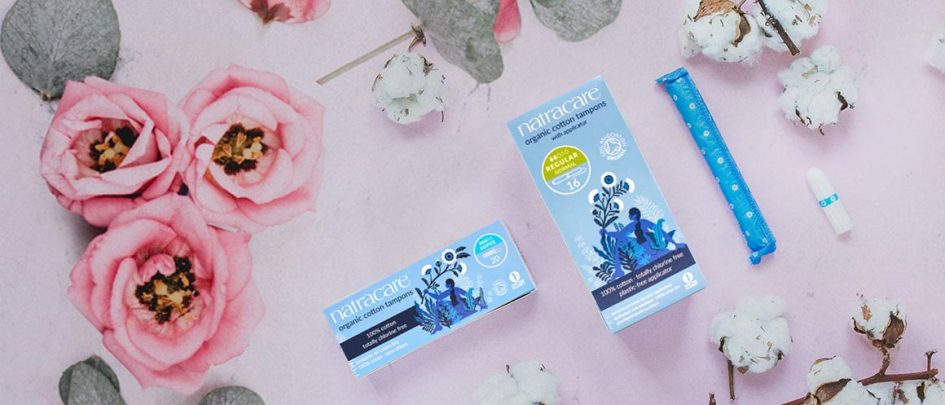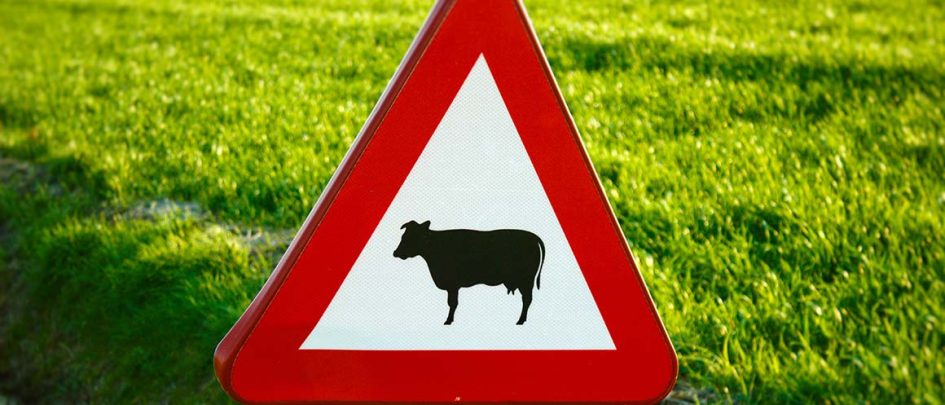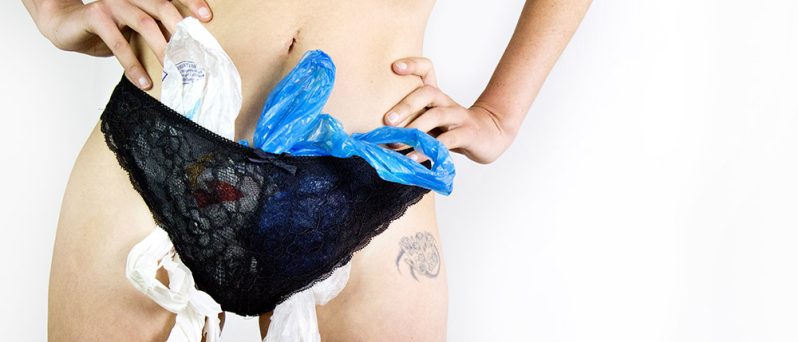What we put on our plate is often the first thing we think about when we hear the word “vegan”. Yet veganism often goes beyond food and into our lifestyle habits. From the period products we use monthly to the materials our clothes are made from, there are many opportunities for us to take a more holistic approach to being vegan and cruelty-free. Here are a few simple ways to incorporate more vegan lifestyle habits in Veganuary and beyond:
Vitamins and supplements
To help fill the gaps or create a safety net in reaching our daily nutritional goals, many of us may take daily vitamins and supplements. Be sure to take a minute and read the packaging to avoid non-vegan ingredients, such as gelatin, glycerin, and more.
Beauty and personal care productse
Many conventional beauty and personal care products (e.g. shampoo, lotion, toothpaste, makeup) either use animal products,or are tested on animals, or both! Look for vegan and cruelty-free labels to ensure that what you’re buying is kind to animals. There is also this great list of top vegan and cruelty-free makeup brands!
Period products
Speaking of personal care products, have you ever thought about whether your period products are vegan and cruelty-free? Surprisingly, not all period products brands are cruelty-free. Instead they contain ingredients that have been tested on animals. At Natracare, we have been proudly vegan and animal-friendly since day 1 in 1989. 🐰🐮
Have a vegan period
By switching to Natracare, you can be sure your period products are completely vegan and cruelty free!
Find out more
Cleaning products
Household cleaning products may also contain non-vegan ingredients or may be tested on animals. The best (and most eco-friendly!) thing to do is to DIY your cleaning cabinet essentials with vinegar, lemon, and essential oils. We love this ultimate guide for cruelty-free cleaning products, created by Live Kindly.
Clothing & shoes (and other fabric items)
After what’s on our plates, the second most common place for animal products are the fabrics we use in our daily lives. Wool, silk, and leather are all derived from animals; these make up our clothes, accessories, towels and bedsheets. Luckily, we live in an era with endless vegan-friendly options for fashion, such as faux leather and organic cotton. If you want to go the extra mile with sustainability, try sticking with what you already own, or buy second-hand clothing — the greenest and most ethical fashion item is one that already exists!
Tattoos
As veganism becomes more popular, vegan tattoo shops are on the rise around the world. But traditionally, tattoos aren’t vegan. The ink and some equipment (such as stencils and after-care razors) are made from animal-derived ingredients. To be sure, double check with your tattoo artist and use your own reusable razor.
Condoms
Condoms are essential for safe sex. But unfortunately, often they’re neither vegan nor environmentally-friendly because of the way that the rubber is sourced, and because of the type of lubricant used. Luckily there are great brands popping up that focus on this specific issue with cultivating conscious condoms!
From food and beyond, there are countless opportunities to do good. What vegan habits are you interested in trying next? Let us know in the comments below; and don’t forget to join our Veganuary IG Group Chat and DM us on Instagram @natracare with your interest!
